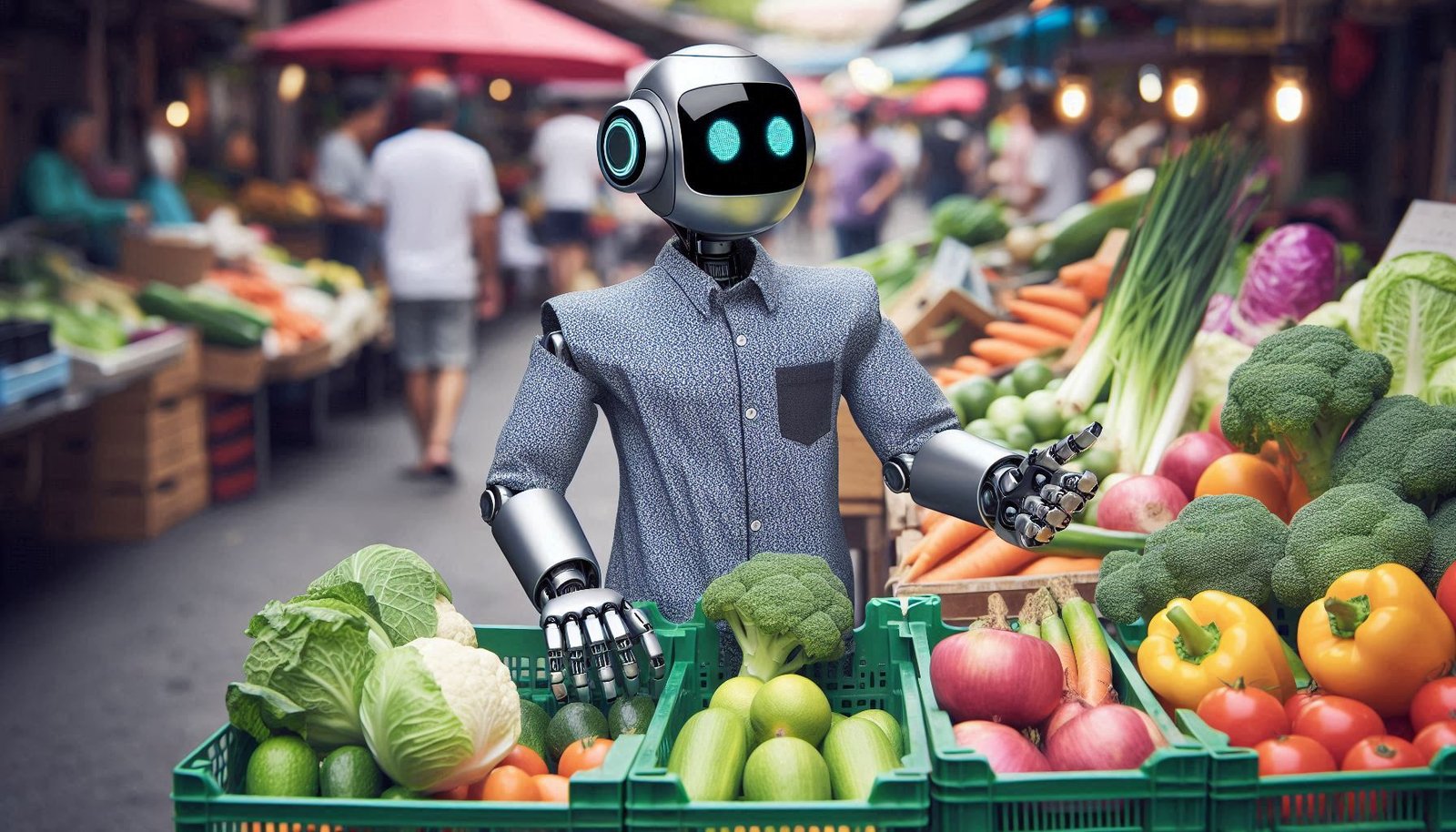
In recent years, the integration of AI technology into various sectors has transformed the way businesses operate. One of the most significant areas where AI technology has made a profound impact is marketing. This article explores the various applications of AI technology in marketing, highlighting its benefits, challenges, and future prospects.
Understanding AI Technology
Artificial Intelligence (AI) refers to the simulation of human intelligence in machines that are programmed to think and learn like humans. AI technology encompasses a wide range of capabilities, including machine learning, natural language processing, and data analytics. These capabilities enable businesses to analyze vast amounts of data, predict consumer behavior, and personalize marketing strategies.
The Role of AI Technology in Marketing
1. Data Analysis and Insights
One of the primary applications of AI technology in marketing is data analysis. Businesses generate enormous amounts of data from various sources, including social media, websites, and customer interactions. AI technology can process this data quickly and efficiently, providing marketers with valuable insights into consumer behavior and preferences.
For instance, AI algorithms can analyze customer purchase history, online behavior, and demographic information to identify trends and patterns. This information allows marketers to tailor their campaigns to meet the specific needs and preferences of their target audience.
2. Personalization
Personalization is a key trend in modern marketing, and AI technology plays a crucial role in achieving it. By leveraging AI, businesses can create personalized marketing messages and offers that resonate with individual consumers.
For example, AI technology can analyze a customer’s browsing history and recommend products based on their interests. This level of personalization not only enhances the customer experience but also increases the likelihood of conversion.
3. Chatbots and Customer Service
AI-powered chatbots have revolutionized customer service in the marketing sector. These chatbots can engage with customers in real-time, answering their queries and providing assistance 24/7.
By utilizing natural language processing, AI chatbots can understand and respond to customer inquiries in a conversational manner. This technology not only improves customer satisfaction but also reduces the workload on human customer service representatives.
4. Predictive Analytics
Predictive analytics is another significant application of AI technology in marketing. By analyzing historical data, AI algorithms can predict future consumer behavior and trends. This capability allows marketers to make informed decisions about their strategies and campaigns.
For instance, businesses can use predictive analytics to identify which products are likely to be popular in the upcoming season. This information enables them to optimize their inventory and marketing efforts accordingly.
5. Content Creation
AI technology is also making waves in content creation. With advancements in natural language generation, AI can now create written content, such as blog posts, social media updates, and product descriptions.
While AI-generated content may not completely replace human writers, it can assist marketers in generating ideas and producing content at scale. This application of AI technology saves time and resources, allowing marketers to focus on more strategic tasks.
6. Social Media Marketing
Social media platforms are a goldmine of data, and AI technology can help marketers leverage this data effectively. AI algorithms can analyze social media trends, monitor brand sentiment, and identify influencers within a specific niche.
By understanding social media dynamics, businesses can create targeted campaigns that resonate with their audience. Additionally, AI technology can automate social media posting and engagement, ensuring a consistent online presence.
7. Email Marketing
Email marketing remains one of the most effective marketing channels, and AI technology enhances its effectiveness. AI can analyze customer behavior to determine the best times to send emails, the types of content that resonate with specific segments, and even optimize subject lines for higher open rates.
By personalizing email content and timing, businesses can significantly improve their email marketing performance, leading to higher engagement and conversion rates.
8. Ad Targeting and Optimization
AI technology has transformed the way businesses approach advertising. With AI algorithms, marketers can analyze user data to create highly targeted ad campaigns. This level of precision ensures that ads are shown to the right audience at the right time.
Moreover, AI can continuously optimize ad performance by analyzing real-time data and making adjustments to improve results. This capability allows businesses to maximize their advertising budgets and achieve better ROI.
Benefits of AI Technology in Marketing
The integration of AI technology in marketing offers numerous benefits, including:
- Increased Efficiency: AI automates repetitive tasks, allowing marketers to focus on strategic initiatives.
- Enhanced Customer Experience: Personalization and real-time engagement improve customer satisfaction and loyalty.
- Data-Driven Decision Making: AI provides valuable insights that inform marketing strategies and campaigns.
- Cost Savings: By optimizing processes and reducing manual labor, businesses can save on operational costs.
Challenges of Implementing AI Technology in Marketing
Despite its numerous benefits, the implementation of AI technology in marketing is not without challenges. Some of the key challenges include:
- Data Privacy Concerns: The use of AI technology often involves collecting and analyzing customer data, raising concerns about privacy and security.
- Integration with Existing Systems: Businesses may face difficulties integrating AI technology with their existing marketing systems and processes.
- Skill Gaps: The successful implementation of AI technology requires skilled professionals who understand both marketing and technology.
The Future of AI Technology in Marketing
As AI technology continues to evolve, its applications in marketing are expected to expand further. The future of marketing will likely see even greater personalization, enhanced customer experiences, and more sophisticated data analysis capabilities.
Moreover, as businesses become more adept at leveraging AI technology, we can expect to see innovative marketing strategies that were previously unimaginable. The potential for AI technology in marketing is vast, and businesses that embrace it will be well-positioned for success in the digital age.
Conclusion
The application of AI technology in marketing is transforming the industry, providing businesses with powerful tools to enhance their strategies and engage with customers effectively. From data analysis and personalization to chatbots and predictive analytics, AI technology is reshaping the marketing landscape.
As we move forward, it is essential for businesses to stay informed about the latest advancements in AI technology and explore how they can leverage these innovations to drive growth and success. Embracing AI technology in marketing is not just a trend; it is a necessity for businesses looking to thrive in an increasingly competitive environment.
Read more : What AI Can Do ?



